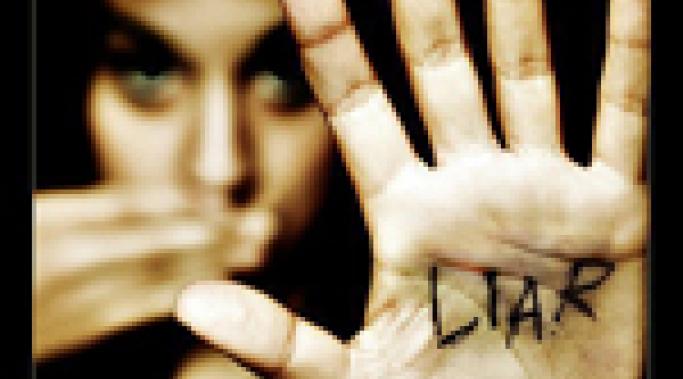Blogs
My son, Ben, lives with schizophrenia and was doing well until his recent sudden relapse. Of course, we are doing everything we can to bring Ben back from his first schizophrenia relapse in over six years. The process reminds me of what I believe have been the four cornerstones of Ben's recovery from Schizophrenia - all of which were removed too quickly.
Recovery from a mental illness is possible, but only if attention is paid to the human being behind the illness. Watch and let me know what you think.
Sometimes it feels like it has been a long 20 years of living with depression and it's related challenges. Today feels like it's been far too long. I have been lucky enough to experience periods of reprieve, times of fresh perspective and times of stability. I believe I am still in a healthy place despite some major life challenges. But, even with these periods of relative calm and good mental health, there is something ever-present, the fear and stigma of depression.
My son, "Bob," has been diagnosed with bipolar disorder and ADHD. In my post titled "Insurance Companies Are NOT Psychiatrists--Why Are They Making Decisions?," I discussed how my insurance company has decided not to pay for refills of Bob's psychiatric medications - even though his psychiatrist thinks they are necessary for his mental wellness.
Your Child with Mental Illness is Being Over-medicated
One reader agrees with the insurance company. Why? Concernedmom says he's "over-medicated".
You have had asthma as long as you can remember--since childhood--and have been seeing the same pulmonologist for at least three years. Your doctor has had you on theophylline, a pill you take three times a day, and a Flovent inhaler (which you use twice daily) for the past year. You went to the pharmacy today and dropped off your scripts, as you do every month, only to be told you can't fill them. Why? Because your insurance company won't approve a prescription for more than 60 theophylline. Nor will they fill a Flovent inhaler for more uses than once daily.
Living with a chronic, serious, or terminal illness is tough. It is life altering and with it often comes a lot of emotional stress. Issues like depression, anxiety, isolation and helplessness are common to experience. Our guest, Dr. Ann Becker-Schutte, joins us to discuss helping those affected by chronic and serious illness to live a balanced life.
Dr. Marsha Linehan, best known for creating dialectical behavioral therapy (DBT), admitted in a New York Times article that she struggles with mental illness, once being called "one of the most disturbed patients in the hospital." She would diagnose her troubled teenage self as having borderline personality disorder, or BPD. So why does this matter?
So, interesting thing. Mental illness has a tendency to run roughshod through a person's life. Everything in life goes by the wayside to make room for the unbearable being of crazy. You know you're alive because you're in pain.
And then, against all odds, or at the very least against some odds, you start to feel better. It's a miracle. Breath and life and oxygen and delight fill the lungs. Suddenly life is easy. Cupboards get organized, relationships get mended and Work Gets Done. Life is Good.
Why, then, is it so freakin' scary?
Telling the truth is one component of integrity, but integrity has to do with being "whole" and "complete" in what we do, believe, and say. Our behaviors, thoughts, and words must align in order to have integrity. During the course of my abusive marriage, I discovered I'd lost my integrity and that I told a whole truck load of lies to boot.
I didn't like myself because I was not saying or doing what I believed to be right. Although I lied to protect myself from abuse, the abuse of my most valued characteristic, my integrity, hurt more deeply than my husband's put-downs and wrongful conclusions.
Before telling you how I became a big fat liar, I'd like to remind all victims of abuse that, to your abuser, it doesn't really matter what you say if s/he's in the mood to abuse. In the later years of my marriage, I chose to only tell the truth and there was no difference in the amount of abuse I underwent.
However, having always considered myself an honest person (before realizing how many lies I actually told my husband), my lying had decimated my integrity. I wanted my integrity back.
The process of diagnosis and discovering that you are living with adult ADHD can be trying and difficult. Living well with it is an even bigger challenge. Our guest, Kelly Babcock, a.k.a. Taylor McKinlay, and author of the blog, Tao of Taylor, lives with adult ADHD and does the best he can to make the most of his diagnosis.







